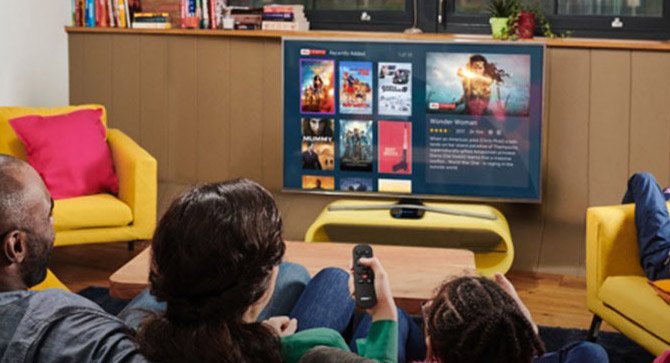Pay TV Providers Exploring New Ways to Deliver Content
The way television programmes are watched is changing at a rapid rate in all quarters of the world.
This has been facilitated by the rise of the internet, which means consumers can stream content through a broadband connection. On top of this, tablets and smartphones have increased the accessibility of video.
Many companies have emerged in recent years that aim to take advantage of this, including Netflix, which places a range of programming and movies into one area that can be accessed for a monthly fee.
This has been successful and large pay TV operators are now looking to get in on the act too, offering more on-demand content for users to access either on their television or through a laptop, tablet or smartphone.
Competition in this area is naturally intense and operators are boosting their offerings to make themselves more appealing to customers. For example, Netflix has shown programmes such as Breaking Bad, which has proved popular, but instead of just having a small selection of episodes at a time, with an early one dropping off when a new edition is released, a whole series eventually becomes available.
Now pay-TV operators want to do the same but content providers have tough decisions to make regarding who to sell to.
Netflix has said overexposure of shows through on-demand solutions will reduce their value before they become available to the streaming service once a season is finished.
Ted Sarandos, Chief Content Officer of Netflix, told the Wall Street Journal the firm has informed content owners it will not be willing to pay them as much for their programming if they give full-season rights to pay-TV operators.
“The less exploited shows are through on-demand services, the more valuable they are to us,” he remarked.
He said as pay-TV operators try to keep themselves relevant by offering customers entire seasons of content, they are essentially trying to “marginalise Netflix”.
By doing this the ecosystem could change and content creators could actually see revenue fall as a result, with fewer companies willing to pay for their products.
Either way, it is clear to see that online television is well and truly cemented into the daily lives of consumers and in order to keep up with competition and the industry itself it is vital for companies to get on-board.
 us
us 






 Posted by MPP Global on
Posted by MPP Global on


